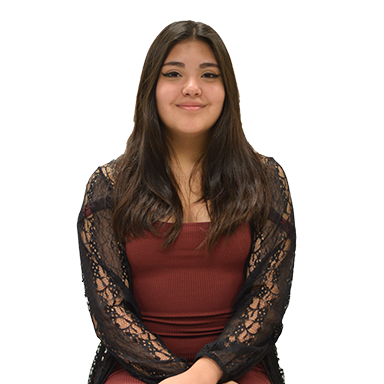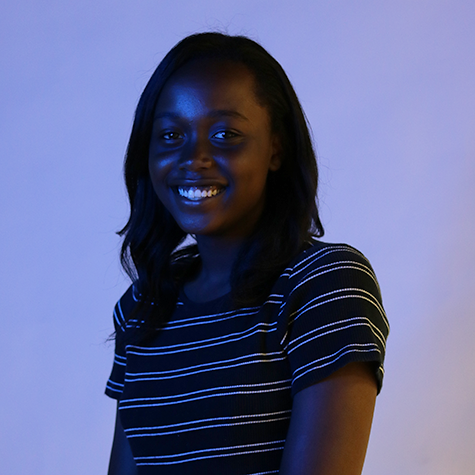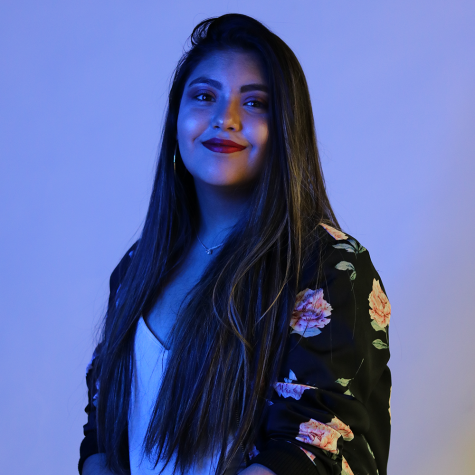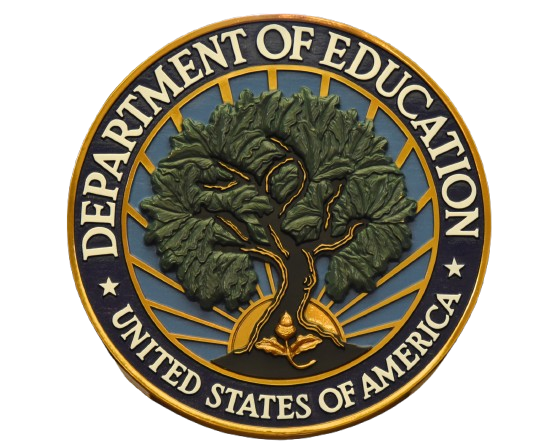Flipside: Where is the line on censorship
Censorship is a bad idea (Christine Odwesso)

Censorship has the ability to provide privacy and protection but censorship based on individual sensitivities deprives students of a world of knowledge, the crucial ability to engage in free and public discussion, and the chance to grow as human beings.
The prohibition of literature solely because of its sensitive content can be harmful to both students and teachers. Teachers’ resources become limited, which makes it harder for them to teach students valuable life lessons. Literature has the ability to promote discussion and challenge students to think from a different perspective. Censorship can lead to ignorant, close-minded individuals who possess the inability to empathize and accept people’s ideas that differ from their own.
The first time I read “To Kill a Mockingbird” by Harper Lee was in my freshman year. I learned about inequality, courage and perseverance through the eyes of a unique female character, Scout. I often thought about how she viewed reading as breathing and how she was determined to live life on her own terms. I gained life lessons that are still applicable today, and gained an appreciation for being able to discuss these topics and learn from them. “To Kill a Mockingbird” is a book that was required for school. I probably wouldn’t have picked it up on my own, yet it is now one of my favorites.
Literature has power. It has the power to shape perspective, influence ideas and start discussions. Depriving students of the knowledge a book can provide is wrong and also deprives students of a chance to learn how to engage in discussion, respect diverse thoughts and simply grow as better human beings.
The prime goal of censorship is to promote ignorance, whether it is done via lying and bowdlerized school texts or by attacking individual books.” – Felice Picano
Censhorship: Not a bad idea (Francis Salazar)

Censorship is the banning of books, films, and other media that’s considered obscene, politically unacceptable and/or a threat to security. Censorship is considered unconstitutional, and as Americans, we love that we have freedom of speech; censorship seems to take that away from us. However in the grand scheme of things, having censorship is a good thing.
Before anyone freaks out, censorship does not take away our right of free speech nor does it automatically mean that we are being told what to think. In 2016, a school in Virginia banned the books “To Kill a Mockingbird” by Harper Lee, and “Adventures of Huckleberry Finn” by Mark Twain, due to the racial slurs used in both books. The complaint was filed by a parent stating that the books validate the racial slurs. Parents’ opinions matter and should be considered. It’s hard for parents to impart certain values on their kids when they could go to school and be contradicted by something they read.
Furthermore, censorship can, and should be used to dismantle the platform of hate-speech. Hate-speech is any speech that attacks or targets people because of race, ethnicity, gender identity, religion, sexual orientation and disabilities. However, due to the negative connotation that censorship is associated with, it is oftentimes not censored. How can we, the people of America, not censor this? We are the most diverse group of Americans to date, so how can we allow speech that targets any group of people based on old prejudiced views? The idea that hate speech is given given free leeway because censorship is considered unconstitutional is, to be quite frank, ridiculous.

Senior Christine Odwesso loves listening to music, writing poetry, and reading anything and everything. She plans on going to university to become a professional...

Senior Francis Salazar loves writing, the aesthetic and watching Netflix. She plans on going to USC to get her business degree.




